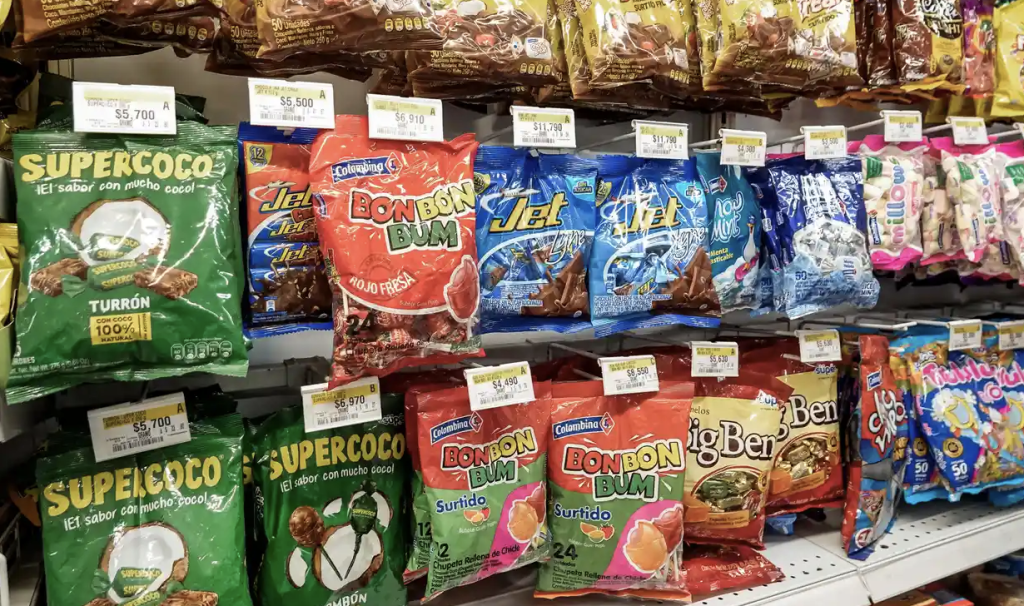
Photo Credit: Jeff Greenberg/Universal Images Group/Getty Images
By: Camila Real, 2L
Colombia has become one of the first countries to pass a health tax on junk food. Its new Tax Reform Bill imposes a gradual phase of tax increases on ultra-processed foods and foods high in salt and saturated fats. Ultra-processed foods will incur an initial 10% tax as of November 2023, which will then increase to 15% by 2024, and 20% in 2025. Beverages will be taxed at a variable rate depending on their sugar concentration.
Ultra-processed foods, such as sodas, chips, sweets, and pre-cooked dishes, are industrialized food products that typically contain little-to-no low nutritional quality. Nevertheless, they are attractive to consumers due to their convenience, low prices, and prolonged shelf life. Soon after the policy came into effect early this month, Columbian President Gustavo Petro explained its intentions stating, “This is not to take money from you. This is so that you choose healthy foods and improve the health of Colombian people.” The government hopes that by making certain unhealthy foods more expensive, Colombians will reduce their consumption of such products and lead healthier lifestyles.
This junk food tax comes as a direct response to the nation’s rising health struggles. Currently, approximately 56.4% of the Colombian population is overweight, 40% is affected by cardiovascular conditions, such as hypertension and prehypertension, and approximately 76% of the country’s deaths are due to non-communicable diseases. This can be linked to the typical high-sodium Colombian diet, as the average Colombian consumes up to 12g of salt a day, the highest rate in Latin America.
This reform has received heavy pushback from the food and beverage industries, and critics claim this new tax will worsen Colombia’s rising inflation. The most popular argument against the tax is that small shopkeepers and producers with small margins will be the most affected as they may struggle to meet the new product health standards. There is also a concern that the tax will unfairly penalize the poor who rely on low-price foods. Yet, there is evidence that supports such junk-food taxes. The World Health Organization describes such measures as a “win-win” for governments because not only do they save lives and reduce health costs, but they also raise hundreds of billions of dollars in revenue globally. Similar measures have been taken in other countries in Europe and Latin America. Hungary experienced success with its health tax as 73% of Hungarians reduced their consumption of unhealthy products and more than two-thirds opted for healthier alternatives, such as fresh fruits and vegetables. In the United Kingdom, manufacturers responded to the health tax by reformulating their products to lower sugar content. Additionally, the money allocated by Portugal’s sugar tax is expected to increase their public health funding. Contrarily, however, Denmark lifted their tax on saturated fats after criticism that it raised inflation.
The Colombian health tax has been regarded as “Latin America’s most comprehensive measure to combat obesity.” Hopefully, Colombia’s results will mirror those of successful health taxes, and manufacturers will respond by making healthier products and consumers adjust to healthier lifestyles. If the Colombian population decreases their likeliness of ultra-processed food-related health problems as a result, this health tax may set the stage for a global initiative against junk food.




